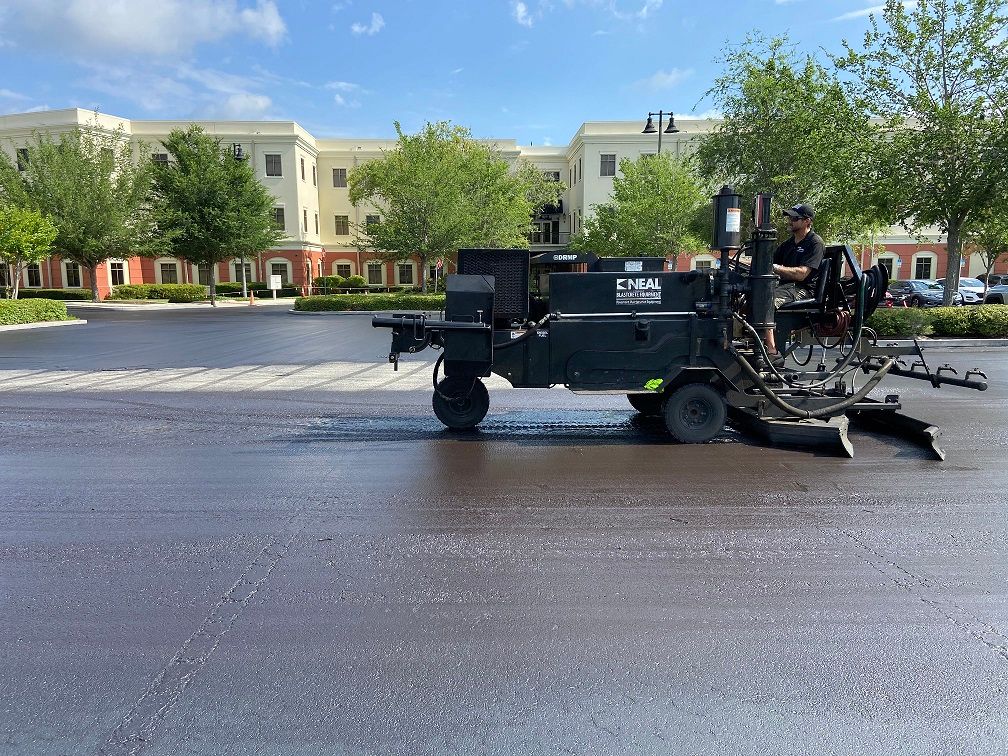

Asphalt is one of the most commonly used materials for paving driveways, parking lots, and roads. It's long-lasting, durable, and easy to maintain, making it the preferred choice for many homeowners. But have you ever wondered what goes into the asphalt paving process? In this guide, we'll take a closer look at the steps involved in asphalt paving and what to expect when you hire a professional contractor for the job.
The first step in the asphalt paving process is site preparation. The contractor will clear the area of any debris, rocks, or vegetation that may interfere with the paving process. They will also mark out the boundaries of the pavement using stakes or strings, and calculate the proper grade to ensure proper water drainage.
The next step is the installation of the base layer. This layer is typically made up of several inches of crushed stone or gravel, which is then compacted to create an even and stable surface. The base layer provides the foundation for the asphalt layer and helps to prevent cracking and sinking over time.
The asphalt layer is the main component of the pavement and is typically around 2-3 inches thick. The asphalt mixture is poured onto the base layer using a paving machine and then spread evenly with a roller. Once the asphalt has been spread, the contractor will smooth out any bumps or ridges using a screed.
After the asphalt layer has been installed, the contractor will add finishing touches to the pavement. This may include adding a sealer to the surface to protect it from the elements, painting new stripes or markings for parking spaces, and installing curbs or barriers to prevent damage to the asphalt.
Proper maintenance is essential for the longevity of your new asphalt pavement. This includes regular cleaning, sealing, and filling in any cracks or potholes that may develop over time. It's important to work with a reputable contractor who can provide ongoing maintenance and repairs as needed to ensure the longevity of your investment.
As you can see, the asphalt paving process involves several important steps that must be performed correctly in order to create a durable and long-lasting pavement. To ensure a successful paving project, it's important to work with a professional contractor who has experience and expertise in the field. If you need help with asphalt paving in Sanford, FL, don't hesitate to contact Florida Sealcoating for a free estimate today.
Get a free, no-obligation estimate for your asphalt project. Our team is ready to help protect and enhance your property.
(407) 942-3681